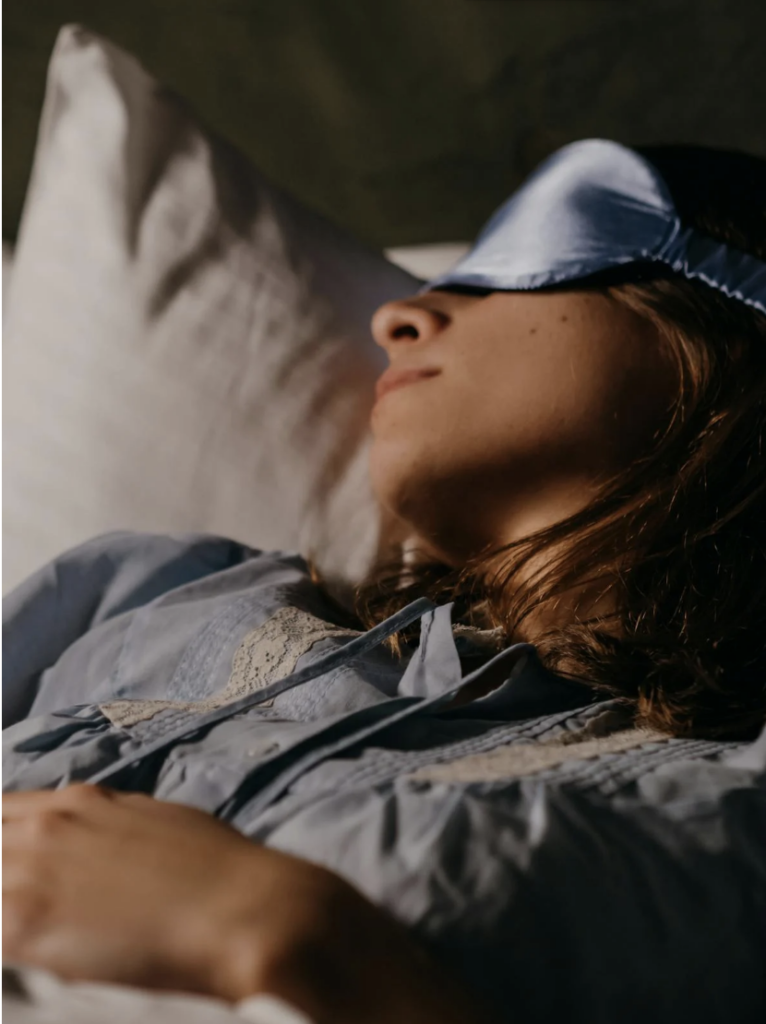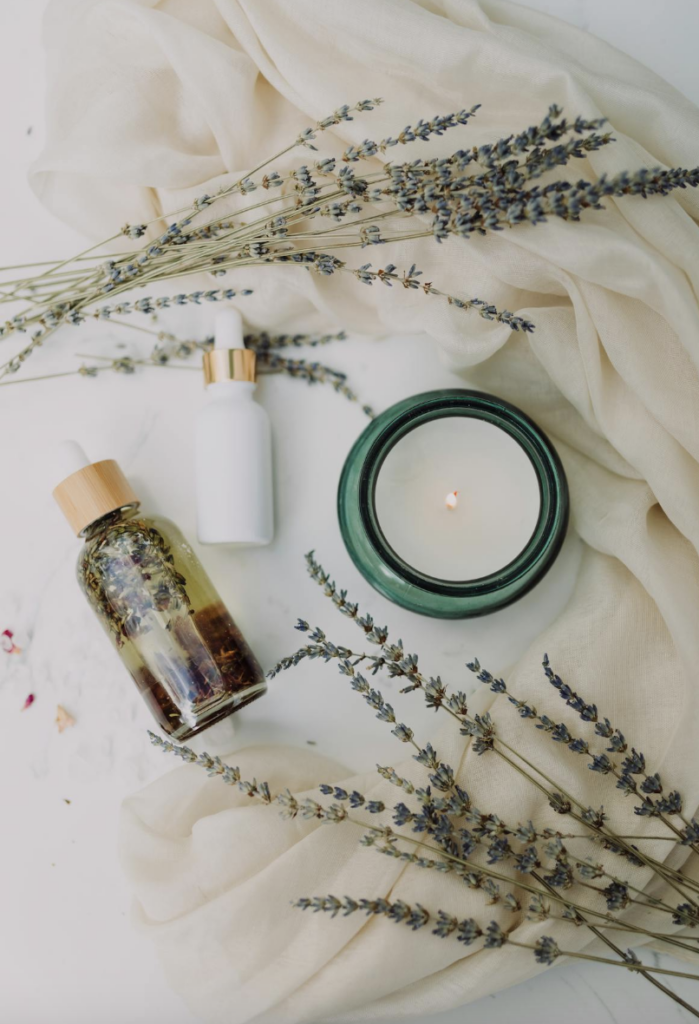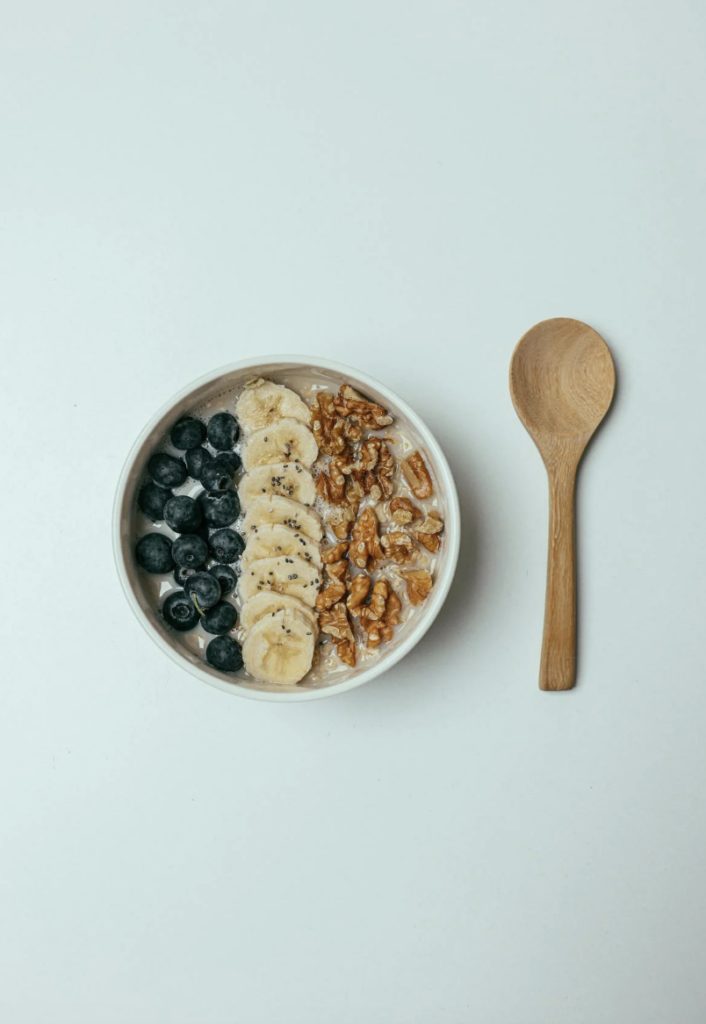Struggling to get a good night’s sleep? You’re not alone. Poor sleep can lead to low energy, stress, weight gain, and even weaken your immune system. Instead of relying on sleep aids, consider natural ways to improve sleep quality. In this guide, we’ll explore 10 science-backed strategies to help you sleep better and wake up feeling refreshed.
1. Stick to a Consistent Sleep Schedule

Going to bed and waking up at the same time every day regulates your body’s internal clock and improves sleep quality.
✔ Tips for a Better Sleep Routine:
- Aim for 7–9 hours of sleep per night.
- Avoid napping late in the day, as it can interfere with nighttime sleep.
- Try waking up at the same time even on weekends to maintain consistency.
2. Create a Relaxing Bedtime Routine

A calming nighttime routine helps signal to your brain that it’s time to wind down.
✔ Best Relaxation Activities:
- Take a warm bath with Epsom salts.
- Read a book instead of scrolling through your phone.
- Practice deep breathing or meditation to relax your mind.
3. Limit Blue Light Exposure Before Bed

Screens from phones, TVs, and computers emit blue light, which suppresses melatonin (your sleep hormone).
✔ How to Reduce Blue Light Exposure:
- Avoid screens at least 1 hour before bed.
- Use blue-light blocking glasses if you need to work late.
- Enable night mode on your devices to reduce blue light.
4. Make Your Bedroom a Sleep-Friendly Environment

Your bedroom should be a place for rest and relaxation, free from distractions.
✔ Ideal Sleep Conditions:
- Keep the room cool (60–67°F is optimal).
- Use blackout curtains to block light.
- Reduce noise with earplugs or a white noise machine.
5. Get Exposure to Natural Light During the Day

Sunlight helps regulate your circadian rhythm and improves sleep quality.
✔ How to Get More Natural Light:
- Spend at least 30 minutes outside daily.
- Open your curtains in the morning to let in sunlight.
- If natural light is limited, try a light therapy lamp.
6. Be Mindful of Caffeine and Alcohol Intake

Caffeine and alcohol can disrupt your sleep cycle, making it harder to fall and stay asleep.
✔ Better Alternatives:
- Swap coffee for herbal tea in the evening.
- If you drink coffee, consume it before 2 PM to avoid sleep disruption.
- Reduce alcohol intake, especially right before bed.
7. Exercise Regularly (But Not Too Late at Night)

Exercise is great for sleep, but working out too close to bedtime can have the opposite effect.
✔ Best Workout Timing for Sleep:
- Morning and afternoon workouts improve sleep quality.
- Avoid high-intensity workouts at least 2–3 hours before bed.
- Try gentle yoga or stretching in the evening instead.
8. Manage Stress and Anxiety

Stress is one of the biggest sleep disruptors. Learning to manage stress can help you fall asleep faster.
✔ Simple Ways to Reduce Stress Before Bed:
- Journal about your day to clear your mind.
- Practice deep breathing or guided meditation.
- Use essential oils like lavender for relaxation.
9. Try Natural Sleep Supplements

If you need extra support, natural supplements can help promote better sleep.
✔ Best Natural Sleep Aids:
- Melatonin (helps regulate sleep-wake cycles).
- Magnesium (relaxes muscles and calms the nervous system).
- Chamomile tea (known for its calming effects).
💡 Tip: Always consult a healthcare provider before starting any supplements.
10. Avoid Heavy Meals Before Bedtime

Eating late at night can cause indigestion and disrupt sleep.
✔ What to Do Instead:
- Eat dinner at least 2–3 hours before bed.
- If you’re hungry, opt for a light snack (like nuts or a banana).
- Avoid spicy and fatty foods in the evening.
Conclusion
Improving sleep quality naturally is about building healthy habits. By sticking to a routine, reducing screen time, managing stress, and creating a sleep-friendly environment, you can fall asleep faster and wake up feeling refreshed. Try incorporating these 10 proven strategies into your nightly routine and experience better sleep starting tonight!
Read more on the best morning routine for a productive day
Learn more about sleep health from the Sleep Foundation
